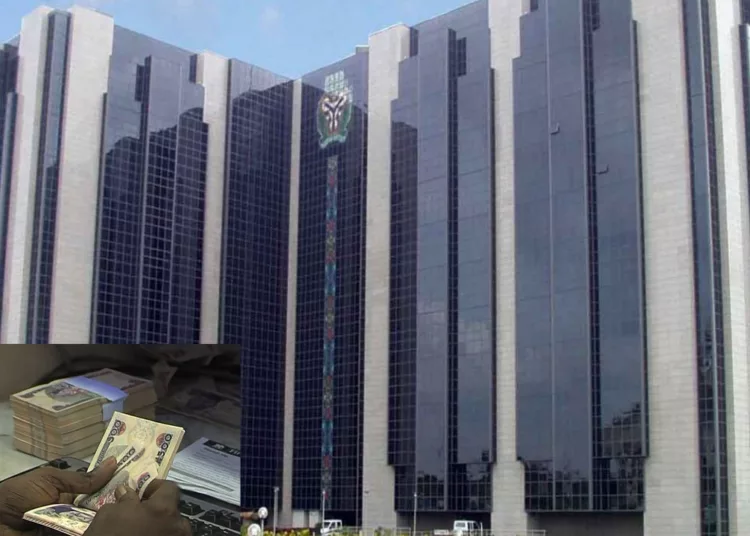Analysts are forecasting that the Central Bank of Nigeria (CBN) will begin reducing its benchmark interest rate over the coming months, citing a marked decline in inflation and increased stability in the foreign exchange market as key drivers behind a potential monetary policy shift.
Analysts at FBNQUEST Merchant Bank say that the Olayemi Cardoso-led Monetary Policy Committee (MPC) will lower the high interest rates when it meets from Monday next week, as inflationary pressures slows.
“With headline inflation easing for the third consecutive month and the exchange rate remaining relatively stable, we expect the committee to consider a measured policy rate reduction between the range of 25 to 50 bps when it meets next week,” the analysts said in a note on Thursday.
The monetary authorities have kept Nigeria’s interest rates unchanged twice this year after it aggressively increased the borrowing costs all through 2024 to anchor stubbornly high inflation and shore up the value of the naira.
The Monetary Policy Rate (MPR) was raised by a combined 875 basis points to 27.5 per cent, marking the highest level in the country. But prices are beginning to slow down and the naira has been largely stable in 2025.
According to the National Bureau of Statistics (NBS) Nigeria’s headline inflation fell for the third consecutive month in June to 22.22 percent year-on-year, down from 22.97 percent in May.
This fall is the lowest this year and marks the softest inflation reading since April 2023, helped by a stable exchange rate, subdued energy prices and favourable base effect.
NBS data show that consumer prices quickened to 1.68 per cent month-on-month in June from 1.53 per cent in the previous month, underscoring the persistence of underlying inflationary pressures within the economy, despite the impact of the higher base effect on the annual inflation rate.
While headline inflation is moderating further, food prices, which takes the largest chunk of the inflation basket, ceased its downward trend in June, rising to 21.97 per cent from 21.14 percent in May. Expectedly, the monthly reading for food measure was up by 107 bps m/m to 3.25 per cent m/m.
“The elevated food inflation reading can be largely attributed to a resurgence of insecurity in key agricultural regions, which has disrupted farming activities and constrained food supply chains, thereby intensifying upward pressure on food prices,” the analysts said.
Core inflation rose to 22.76 percent in June, up from 22.28 per cent in May. The month-on-month core reading accelerated to 2.46 per cent m/m compared with 1.10 per cent m/m in the prior month.
“This persistent rise in core inflation suggests sustained underlying price pressures, likely driven by structural deficiencies and elevated production costs.”





